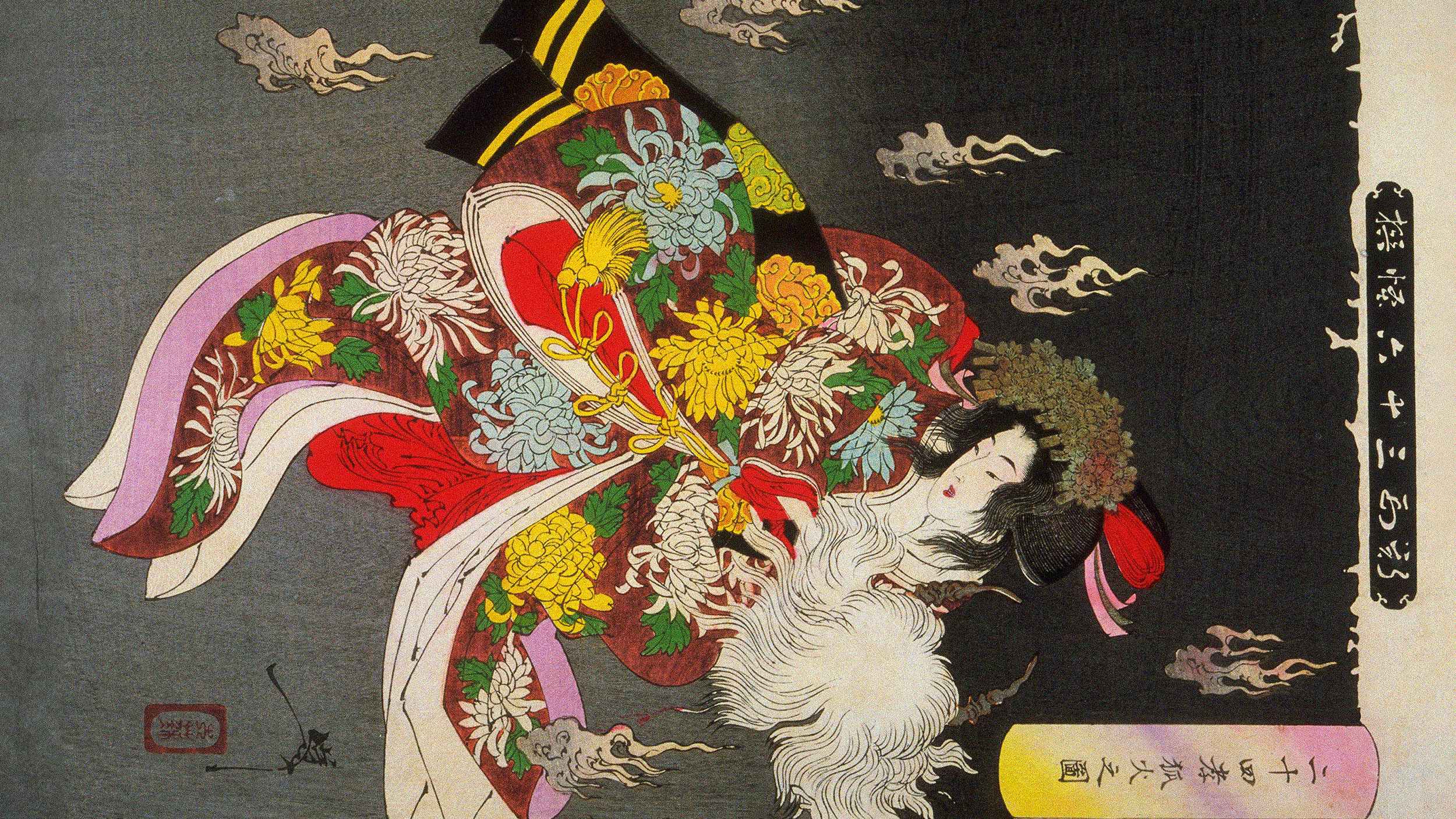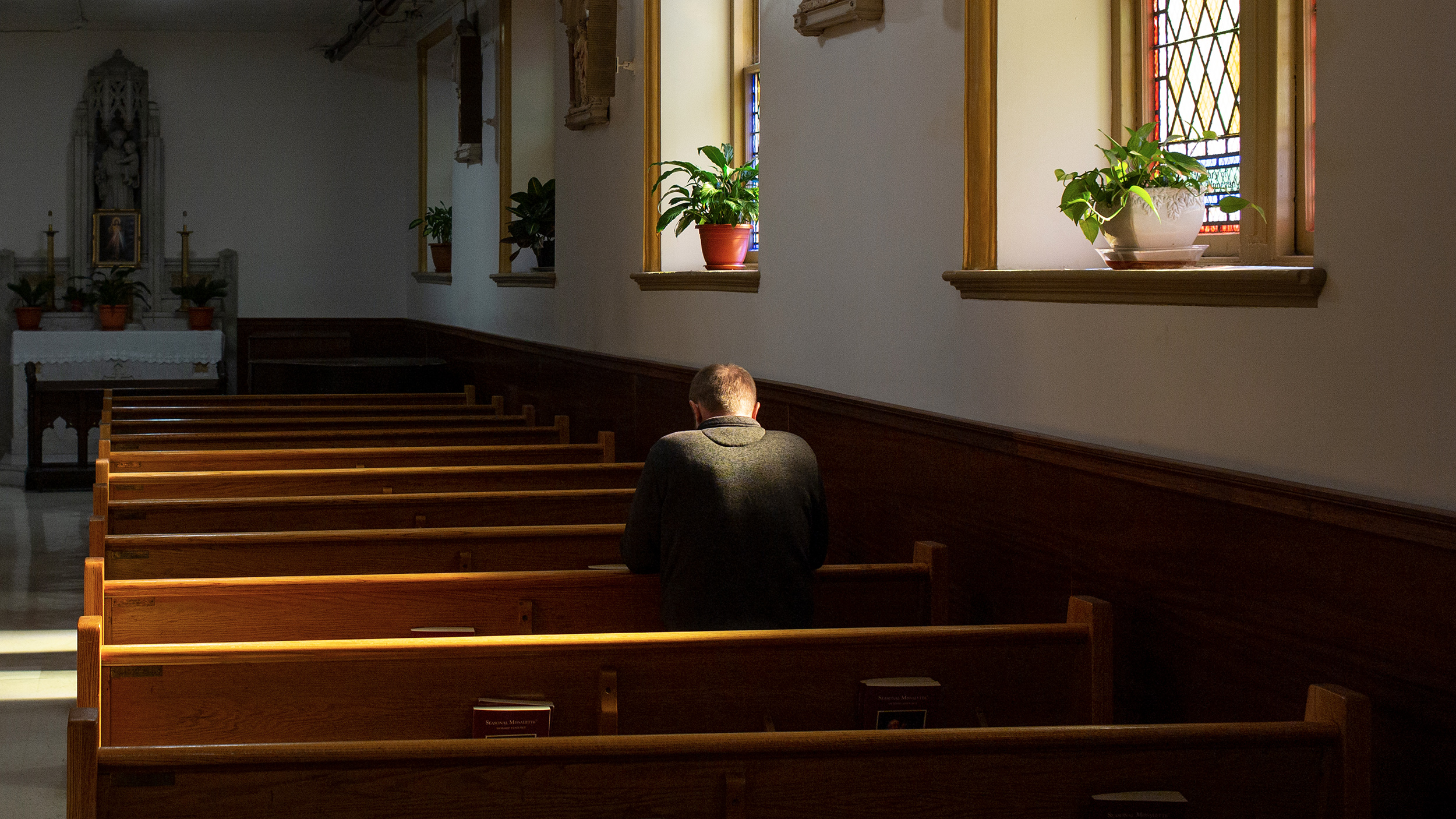After much research and many interviews with religious leaders of all faiths and denominations, writer and social justice advocate Mark Shriver has come to the conclusion that the pope is restoring the “soul” of the Catholic church through his commitment to core principles of humility and charity. According to Shriver, Pope Francis understands power and uses it effectively on behalf of the disadvantaged. He invites everyone – Christian, Muslim, Hindu, or atheist – to challenge two things: contentment and arrogance. Many of the social divides we experience are a result of a cognitive dissonance between ourselves and other people. The distance could be lessened if we were all out on the frontiers of life, outside of our comfort zone, connecting to those who need it most and showing them that we acknowledge their dignity and humanity as something separate to their current circumstances. “The frontier doesn’t have to be halfway around the world, it can be in your neighborhood,” says Shriver. “You can go talk to the neighbor down the street that you don’t really like or you don’t know, and you don’t want to take the time to get to know. So that challenge to go to the frontiers is a pretty challenging one.” Shriver’s new book is Pilgrimage: My Search for the Real Pope Francis.
Mark Shriver’s most recent book is Pilgrimage: My Search for the Real Pope Francis.
Mark Shriver: You know, in this book that I wrote called Pilgrimage: My Search for the Real Pope Francis I talked to not just Catholics, because Pope Francis has a slew of different friends in Argentina, in Rome and around of the world of all of different faiths. I talked to a couple of the rabbis in Buenos Aires, a father who had lost his daughter in the bombing of the Jewish community center. I've talked to atheists and to Christians of other denominations. And what he really does, what Pope Francis does I think beautifully is challenge us all. You can be an atheist or you can not believe in organized religion and just try to develop your own relationship with God. You can be in a more formal relationship with God through the Catholic Church or protestantism. It doesn't matter. What he's really trying to do is to challenge us from a place of joy, it's not fill it with Catholic or Jewish guilt, it's from a place of joy to want to develop a better relationship with God and to develop a better relationship with your fellow human beings.
He tells this great story about giving food to a woman who had to prostitute herself at times to feed her three young kids. The husband had a left her and she came around Christmas time to talk to at that point Father Bergoglio, Pope Francis, and she said, "Thank you for the food." And he said, "I'm glad you got it." And she said, "But what I really want to thank you for is you always called me señora." And when you think about that, you know, he treated her with her dignity and respect. And too often in America, you know, just speaking on my own behalf, when you see a homeless person I try to avoid them. I don't give them the money all the time; I don't make eye contact with them; I surely don't ask him his name or call him Sir or Misses. And what he's teaching us through that gesture is that you have to treat each other with respect and with dignity. You have to enter the chaos and the confusion but also the joys of other people's lives. And that takes getting out of your comfort zone, right.
And you don't have to be a Catholic or a Christian or of any religion to believe that really it's beautiful to try to enter into an intimate relationship with other people to understand their pains and their joys. And that's what he's challenging us to do. So I don't really care whether you're a secular or a Christian or a Muslim or a Jew or a Hindu, and I don't think he does because he really wants you to develop a better relationship with God through whatever ways you can. And that's what he so challenging about.
I think he is, when he talks about things that upset him he talks about arrogance, he talks about a lack of humility. Those are I think the big sins that he talks about. He talks about building these walls of seclusion. He's a Jesuit, which means he's a member of an order that was started in the 15th century when the church was really looking interior was filled with monks and other religious orders that were inside closed walls. And Saint Ignatius wanted the church, or at least the Jesuits to be out in the community, to be on the frontier, to be listening to poor people, to be working with them, to be inclusive in that regard. And I think Pope Francis really is focused on that as well to going to the frontiers, to not to be arrogant and to not be self-focused and to put that aside. So these sins of arrogance, sins of contentment, I mean that's a pretty crazy idea right? It's the sin of being content and he's talking about put your contentment aside, put your comfort aside and live life fully. And that's a real challenge because I like my routine. I like my comforts. And he saying put that outside and go out to the frontier. And the frontier doesn't have to be halfway around the world, it can be in your neighborhood. You can go talk to the neighbor down the street that you don't really like or you don't know and you don't want to take the time to get to know. So that challenge to go to the frontiers is a pretty challenging one.
I think the pope gets troubled by anybody that is arrogant, that is not trying to reach out to the poor and the powerless to listen to them, not trying to reach out to your own neighbor. And I think he's always stood up against powerful interests, whether it was in Argentina or his time as a pope saying that what we need is a more merciful society, what we need is to show more forgiveness and more love and humility. And I think that message if you're fighting back against that you don't have to be in powered in America or power in Argentina, if you're in power and you're pulling that power internally and you're not reaching out to others and you're not including the poor and the powerless in your policies, you're going to hear about it from the pope. And that's a great thing about him. He'll challenge you whether you're a Democrat or a Republican in this country and he'll challenge you and he did in Argentina as cardinal, whether you're a part of the parentist government, which was running the government at that point in time, or whether you're a challenger to the political power. He's pushing us all from a place of joy to reach out to the frontier to include the poor and powerless. And if you're not doing that you're going to hear from him. But that's what great prophets do. They challenge you. Often times they end up getting killed because they challenge you in your comfort, they challenge the powerful and the rich and that's what makes him I think a great prophet and a great leader.






